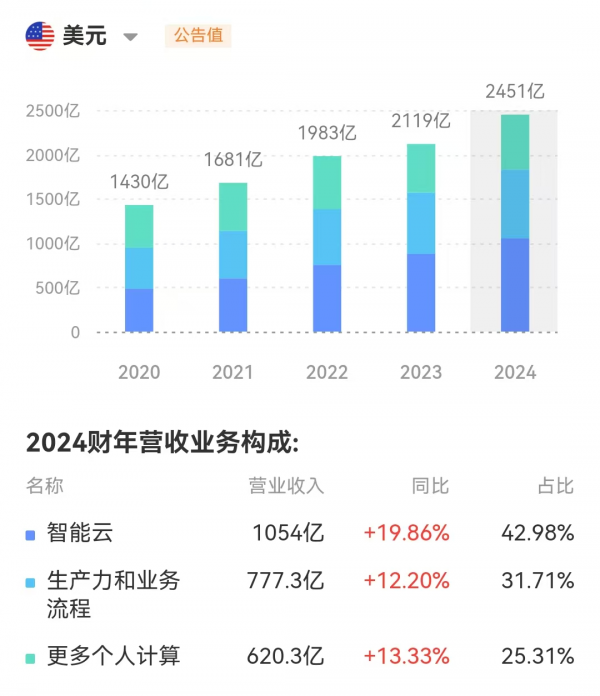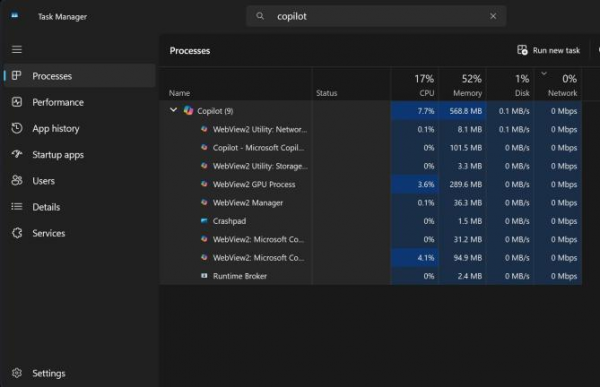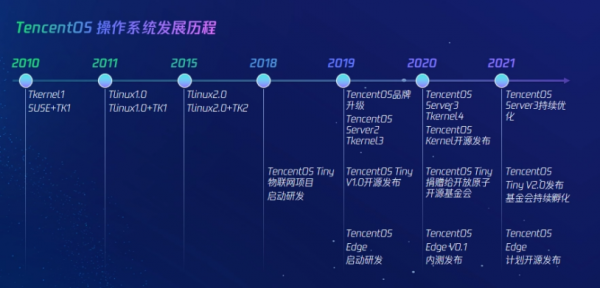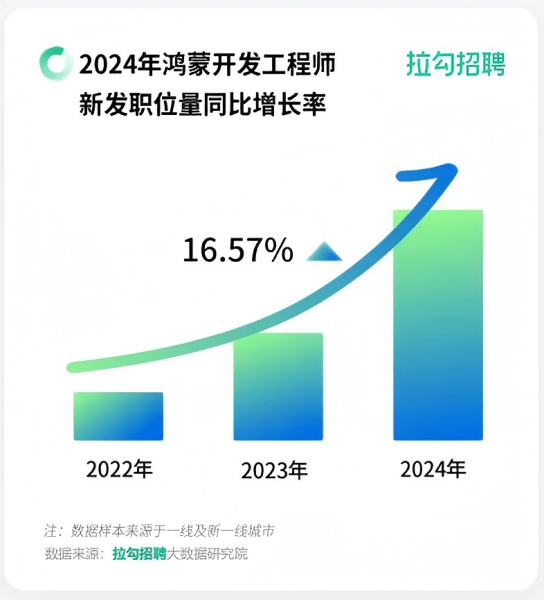Windows at 40: Witnessing Hongmeng's Ascendancy Amidst Competitive Landscape
![]() 12/31 2024
12/31 2024
![]() 436
436
Domestic Operating Systems Gain Momentum
Written by/Chen Dengxin
Edited by/Li Ji
Typeset by/Annalee
For decades, Windows has been synonymous with desktop operating systems.
As 2025 draws near, marking the 40th anniversary of Windows' inception, it remains a cornerstone of the industry despite the test of time. However, it is no longer Microsoft's primary business venture and has lost some of its former luster.
Furthermore, Microsoft's current focus on AI has led to a further decline in Windows' prominence.
Have you ever noticed that in daily life, we often encounter fans of Apple, Xiaomi, and Huawei, but rarely those of Microsoft or Windows?
Showcasing Signs of Fatigue, No Longer Microsoft's Preferred Choice
Windows 1.0 marked the end of the DOS operating system era.
However, it took another decade for Windows to penetrate thousands of households: Windows 95, released in 1995, freed itself entirely from the shackles of DOS, transitioning from a graphical interface to a window-based interactive interface, thereby establishing Microsoft's historical status.
Since then, the notion that "Windows equals the system, and the system equals Windows" has been deeply ingrained in people's minds.
This prompted Microsoft founder Bill Gates to lament, "Some memories stay with you for life," leading him to consider 1995 as Windows' "birth year."
An internet observer shared with Xin Didu that Windows' iteration path has not been smooth, often alternating between strong and weak generations. XP is revered as a classic, whereas Vista fell flat. Windows 7 turned the tide, but Windows 8 faltered. Windows 10 is highly capable, whereas Windows 11 is harder to define.
More critically, Windows missed the mobile era.
"The biggest mistake in history was my mismanagement, which prevented Microsoft from becoming a company like Android," Bill Gates once recalled.
Against this backdrop, Windows is no longer Microsoft's preferred choice.
The latest financial report reveals that Microsoft's revenue for the third quarter of 2024 was $65.585 billion, a year-on-year increase of 16.04%; net profit was $24.667 billion, an increase of 10.66%. Among these, the Intelligent Cloud segment generated $24.092 billion in revenue, while the Personal Computing business, inclusive of Windows, generated $13.176 billion.

Source: Tonghuashun
This signifies that cloud computing has become Microsoft's primary growth driver.
Beyond cloud computing, generative AI is another strategic focus for Microsoft, with high hopes for revitalizing Windows.
Satya Nadella, Microsoft's third CEO, stated in a media interview, "Our biggest opportunity lies in artificial intelligence. Just as cloud computing has transformed all software categories, we believe that artificial intelligence represents a similarly transformative shift."
The challenge lies in Microsoft potentially overestimating the impact of AI on Windows.
Despite four iterations, the Windows 11 version of the Copilot app still faces various issues, failing to capture users' attention successfully.

Copilot has high memory usage. Source: Windows Latest
"Windows should simply reboot based on ChromeOS; it's closer to your native experience."
"Microsoft's AI is getting worse with each use. When it first came out, the experience was almost as good as GPT!"
"Translate this for me: what is native?"
…
The latest data from Statcounter indicates that Windows 10 holds a market share of 61.83%, while AI-supported Windows 11 accounts for 34.94%.
A private equity professional shared with Xin Didu, "In terms of AI foundation, Google is probably deeper. In terms of AI patents, Baidu and Tencent rank higher. Although Microsoft's investment in OpenAI gives it an early advantage, the key is whether it can convert this advantage into a winning position. Being first is not always best; it's about sustainable growth."
In other words, AI has yet to transform Windows' fate.
Windows' Missed Opportunities, Hongmeng's Ascendancy
In contrast, Chinese enterprises have made continuous breakthroughs in operating systems, exhibiting a trend of catching up.
On one hand, they are increasing their investment in B-end operating systems.
China is not devoid of domestic desktop operating systems based on MS-DOS and Linux, but for various reasons, none have grown significantly, becoming relics of the past.
Nonetheless, domestic operating systems have not ceased progressing. Internet giants represented by BAT have independently developed To B operating systems, achieving remarkable results.
For instance, Baidu's DuerOS X is the world's first AI-native operating system, significantly expanding the boundaries of operating systems. The Apollo autonomous driving system provides robust support for the success of Luobo Kuaipao.
Another example is Tencent's TencentOS, which connects cloud data centers, the Internet of Things, edge computing, and other scenarios, becoming a full-stack operating system for the B-end ecosystem.

Source: Baidu Baike
Wang Jian, the founder of Alibaba Cloud, mentioned in his book 'Online': "When I developed YunOS, it attracted a lot of criticism, even more than I had received in my entire life, but I don't regret it."
On the other hand, they are focusing on mobile operating systems.
Similar to desktop operating systems, after the initial batch of domestically developed mobile operating systems, represented by SKYEngine and SmartNX Mobile, failed, the industry consensus became, "It's not that we can't do it; it's just that there's no need."
Consequently, Android and iOS jointly dominated the market.
Due to external factors, Huawei pioneered the development of its mobile operating system, and since then, Hongmeng has gradually entered the mainstream, accumulating the capability to make a significant impact. HarmonyOS 5.0, a "pure-blood Hongmeng," completely abandons Android and has become the world's third-largest mobile operating system, supported by over 15,000 Hongmeng native applications and meta-services, including JD.com, WeChat, Douyin, iQIYI, Xiaohongshu, and Alipay.
As a result, Hongmeng talent has become highly sought after.
According to the '2025 Fresh Graduate Autumn Recruitment Insights Report in the Digital Technology Field,' as of November 2024, the number of new Hongmeng development engineer positions has increased by 16.57% year-on-year, and the average monthly salary has increased by 11.91% year-on-year compared to the same period last year.

Demand for Hongmeng Talent
Like Huawei, Xiaomi has developed the Penta OS, vivo has developed the BlueOS, OPPO has developed the Pantanal, and Honor has developed the MagicOS. Mobile giants have unanimously joined the ranks of self-research.
This trend is closely tied to the rise of the Internet of Everything.
Lei Jun once said, "In the era of the Internet of Everything, the complexity and sheer number of operating system branches involved in various devices, as well as the ecological connection barriers caused by different systems and protocols, may exceed many people's imagination."
In layman's terms, Android adopts a centralized architecture, but the era of the Internet of Everything is more suitable for a distributed architecture. Developing mobile operating systems has become a "must" to enhance cross-platform experiences.
Famous communications expert Xiang Ligang stated, "Future-oriented operating systems should be interconnected, enabling various devices to call and manage each other. However, whether it's Windows, Android, or iOS, they are operating systems designed for different devices. Although file transfer is possible, the threshold for interconnection is high."
Furthermore, self-developed operating systems can not only save development resources but also achieve deep integration of software and hardware.
Taking Xiaomi as an example, from MIUI to Penta OS, it has completely reconstructed the system's underlying layers and connected various application scenarios, making it a suitable operating system for the "people-car-home ecosystem." The latest Penta OS 2 introduces multimodal interaction capabilities, providing users with full-ecosystem AI services.
In summary, while Windows once dominated the market, Android and iOS broke its monopoly in the mobile era. With the rising trend of the Internet of Everything and the continuous infiltration of AI, domestically developed mobile systems have the potential to catch up.
Therefore, growing from small to large, from large to strong, and from strong to excellent has become the only path for "Hongmeng and its peers."








